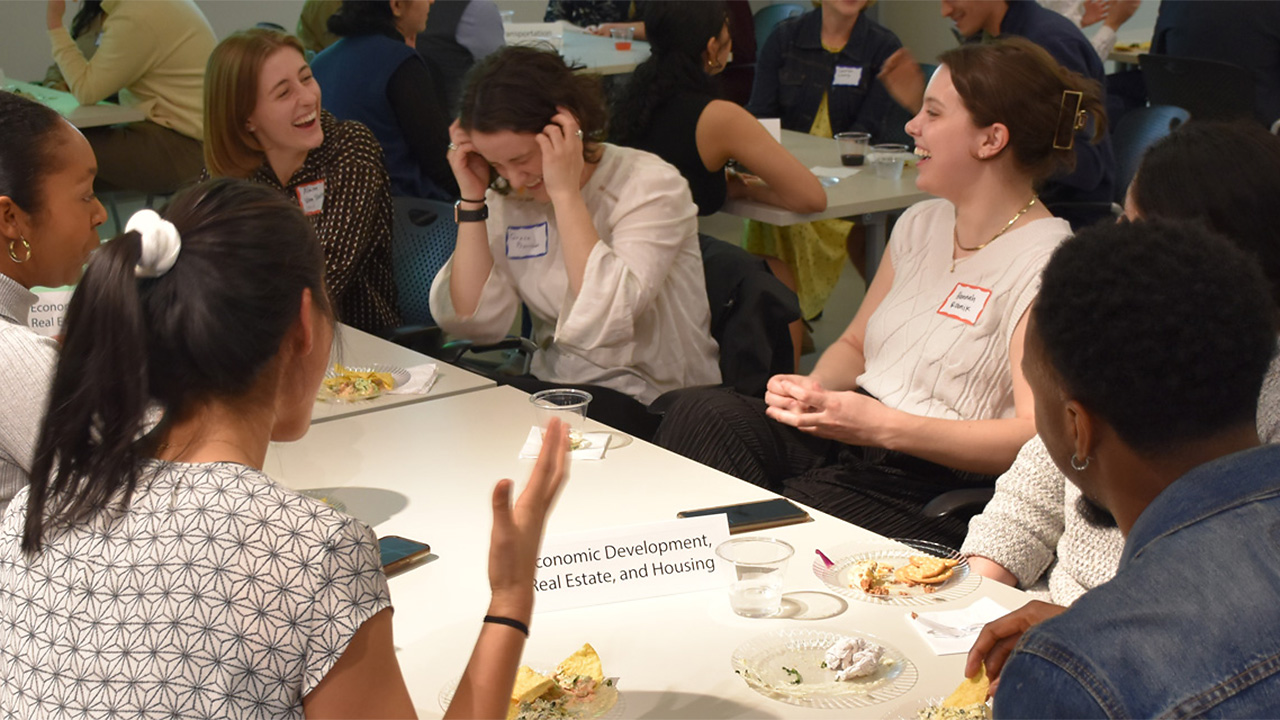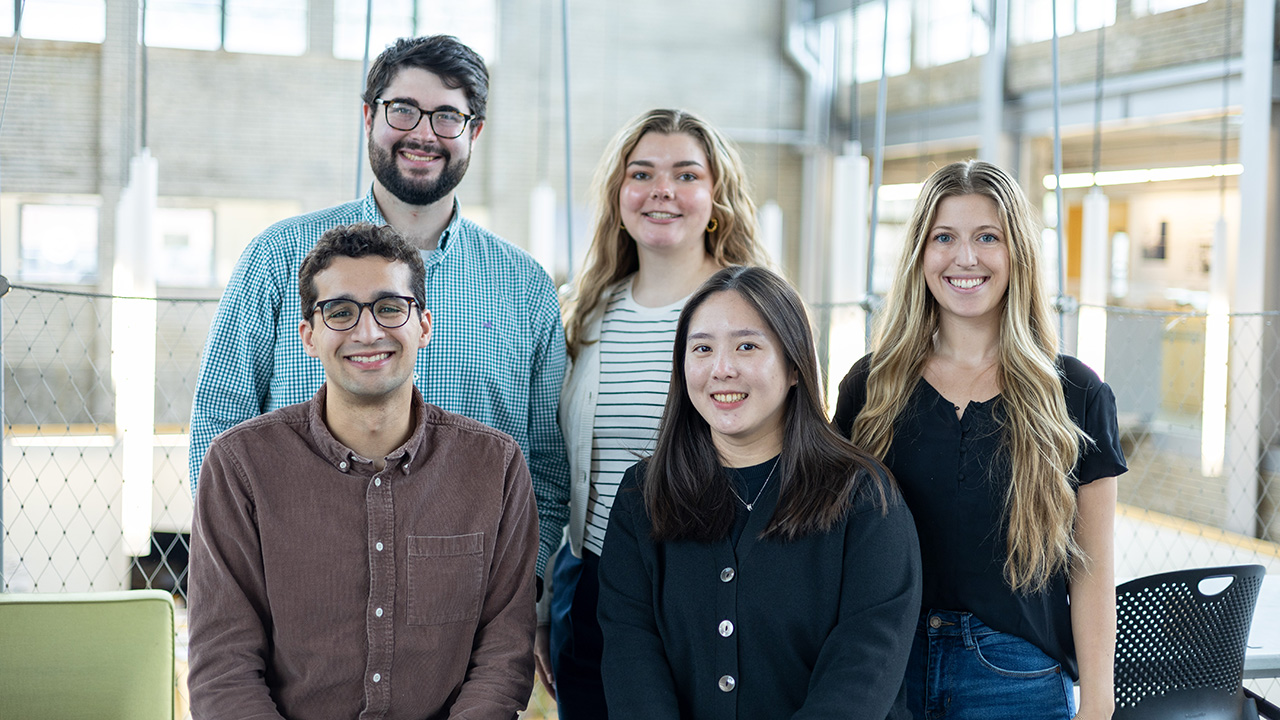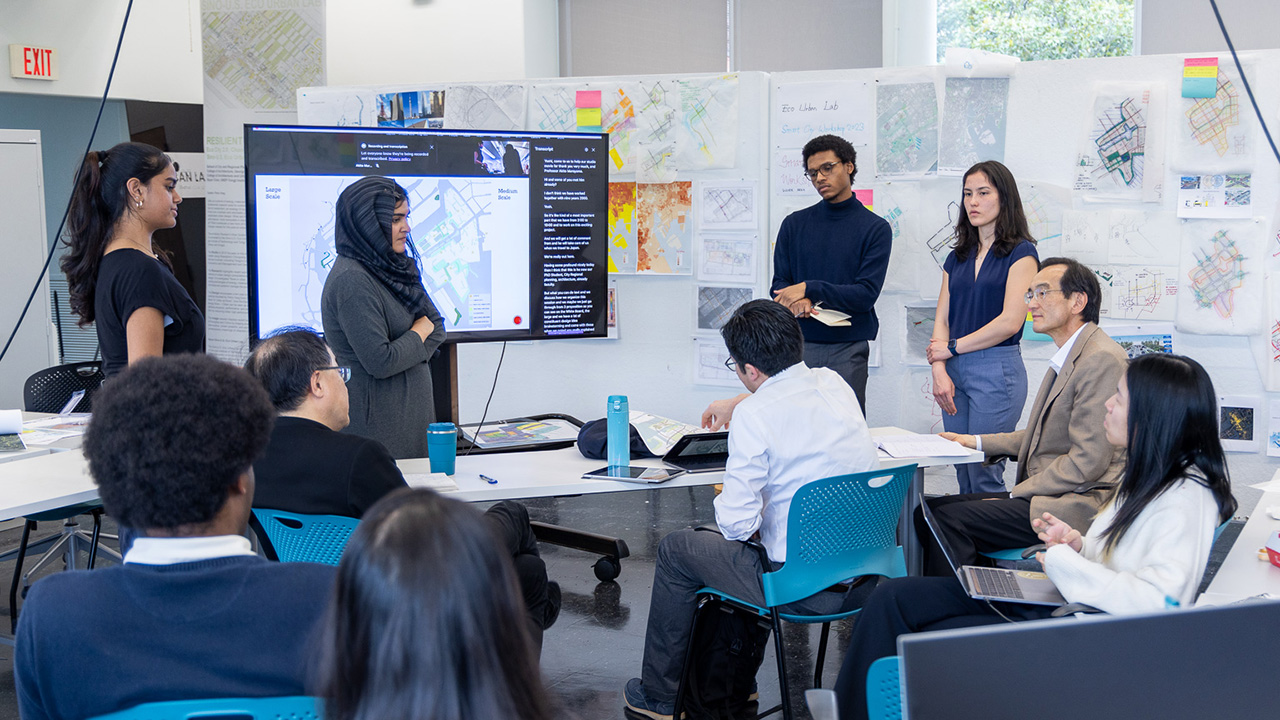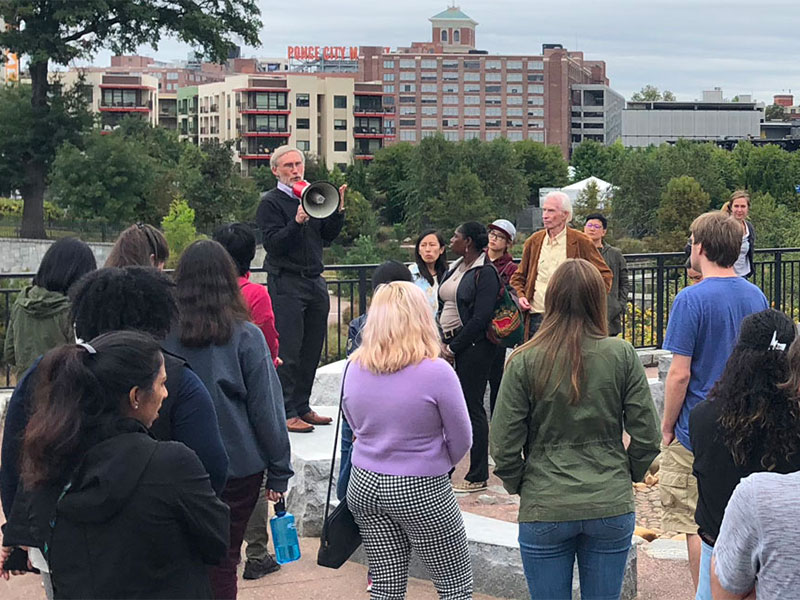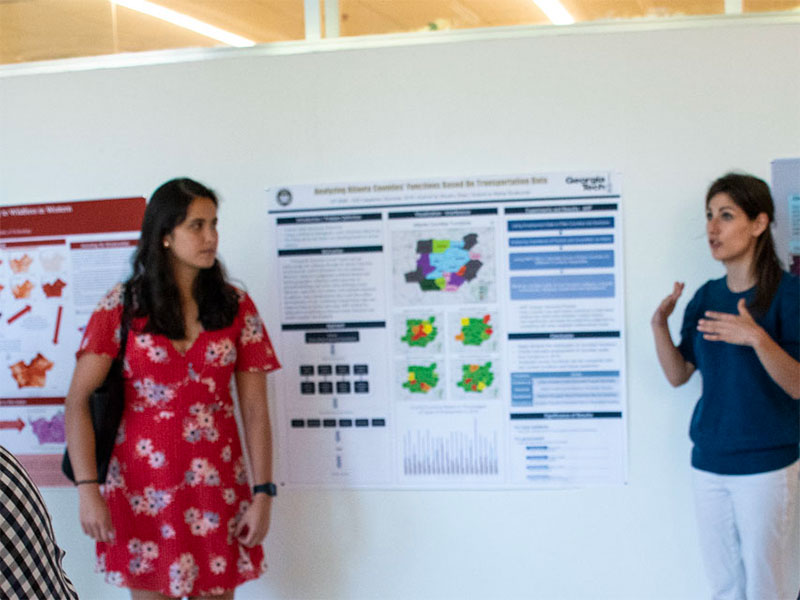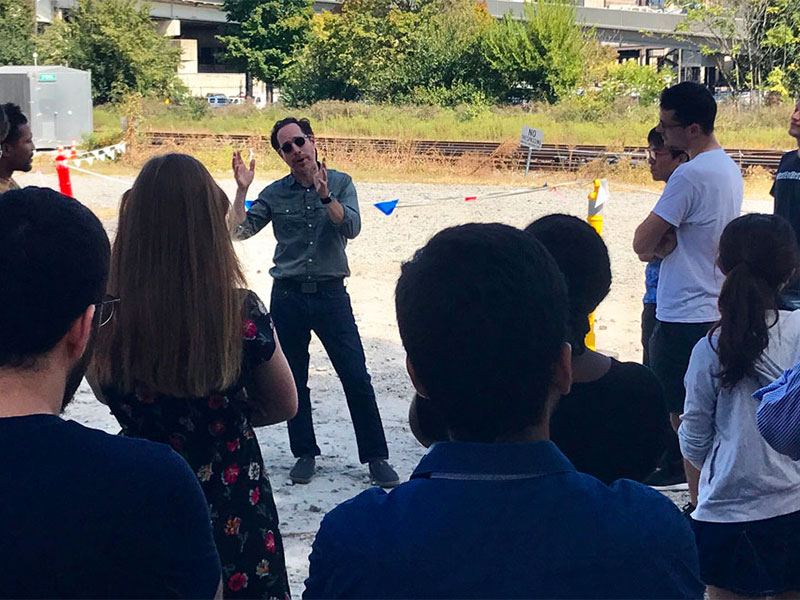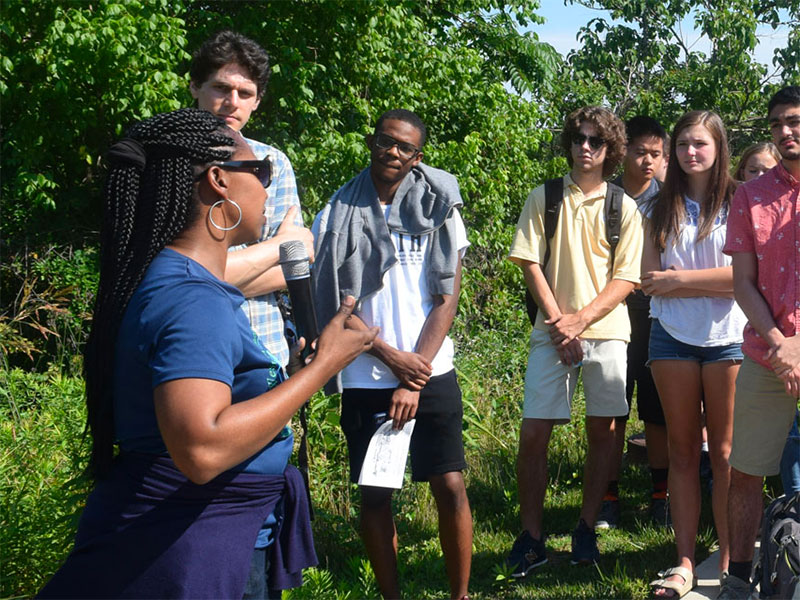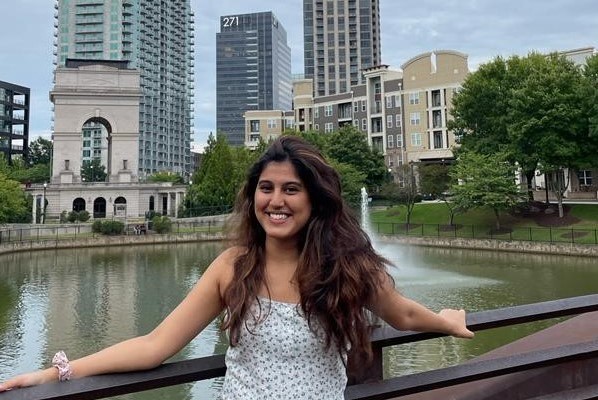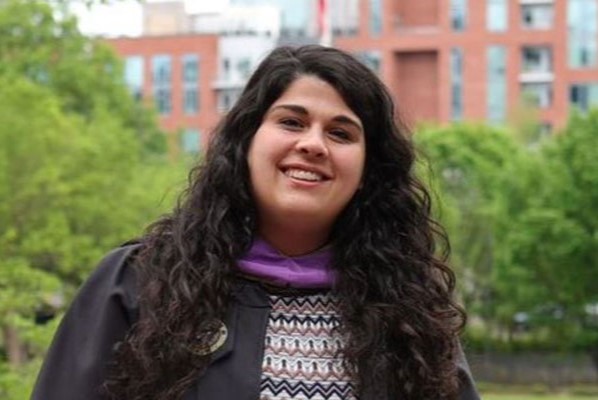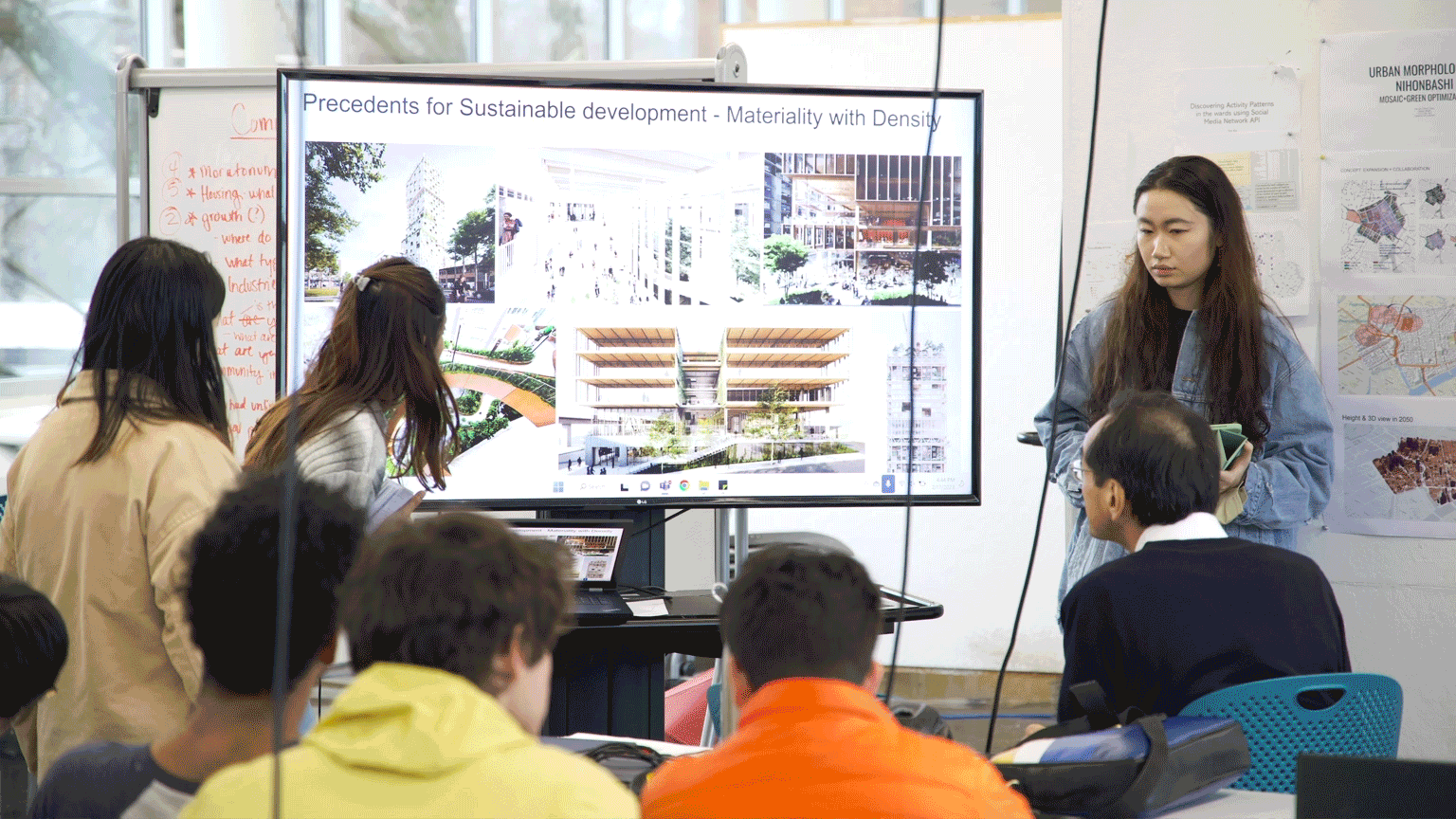
Welcome to Planning at Georgia Tech
Georgia Tech's focus on research and cutting-edge technology makes our School stand apart from other Planning programs. Our curricula in urban planning, geographic information science, global development, and urban analytics offer hands-on experience. Trained by passionate faculty, our graduates create sustainable, resilient, and inclusive cities. Our labs and affiliated centers help cities flourish through research-driven solutions.
Located in Atlanta, Georgia, our School is an important and active part of a vibrant metropolis. For more than seven decades our students have benefitted from unique capstone, internship, and employment opportunities thanks to close connections with international, federal, state, local, and private sector urban planning and development organizations.
Most Recent News
Upcoming Information Sessions
Information sessions run from September through February. An updated list of 2024-2025 information sessions will be released by the end of August. If you want to hear about our upcoming information sessions sign up here to join our mailing list of interested students, or click on the link below to get an idea of the type of information sessions offered.
